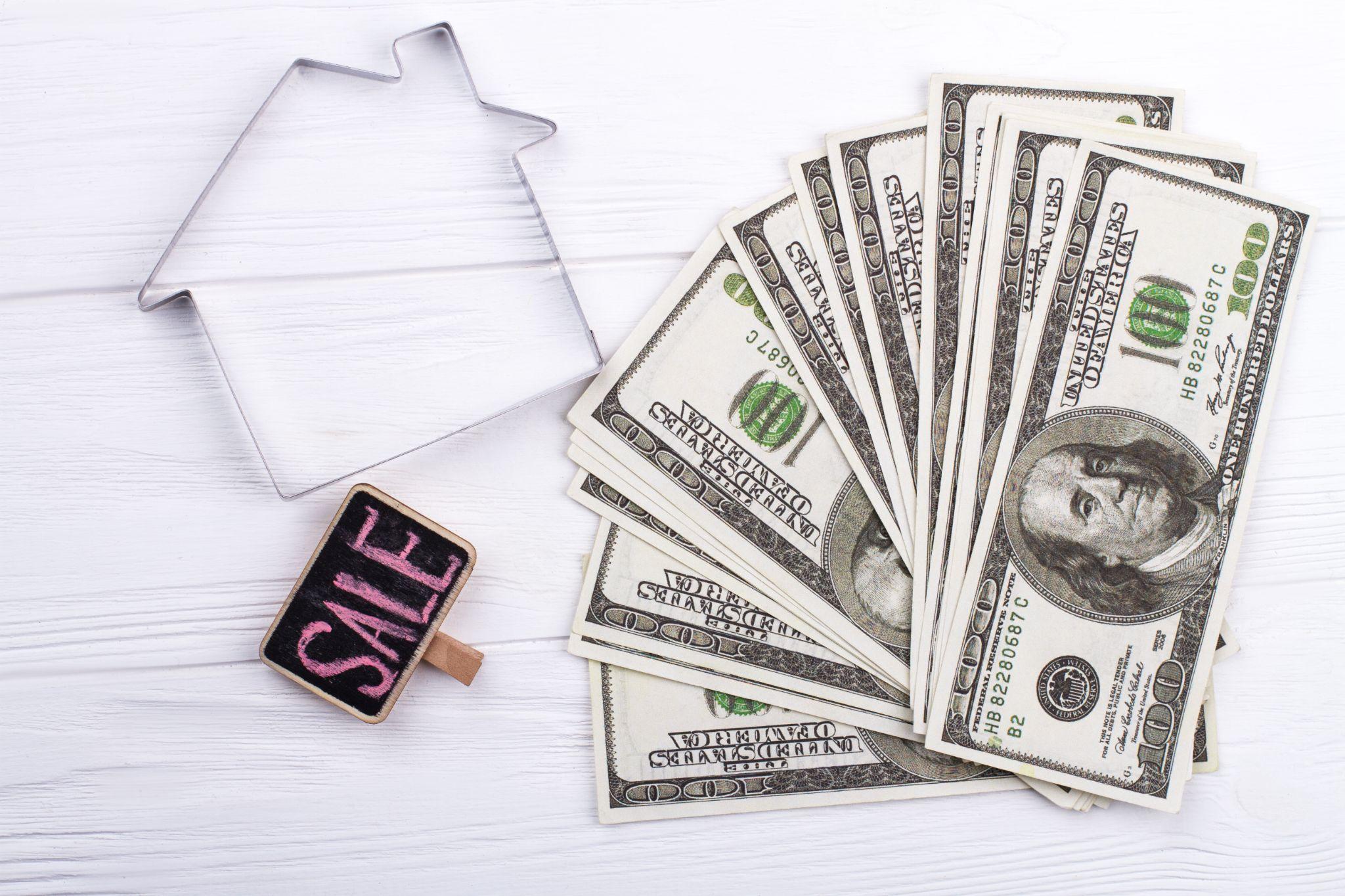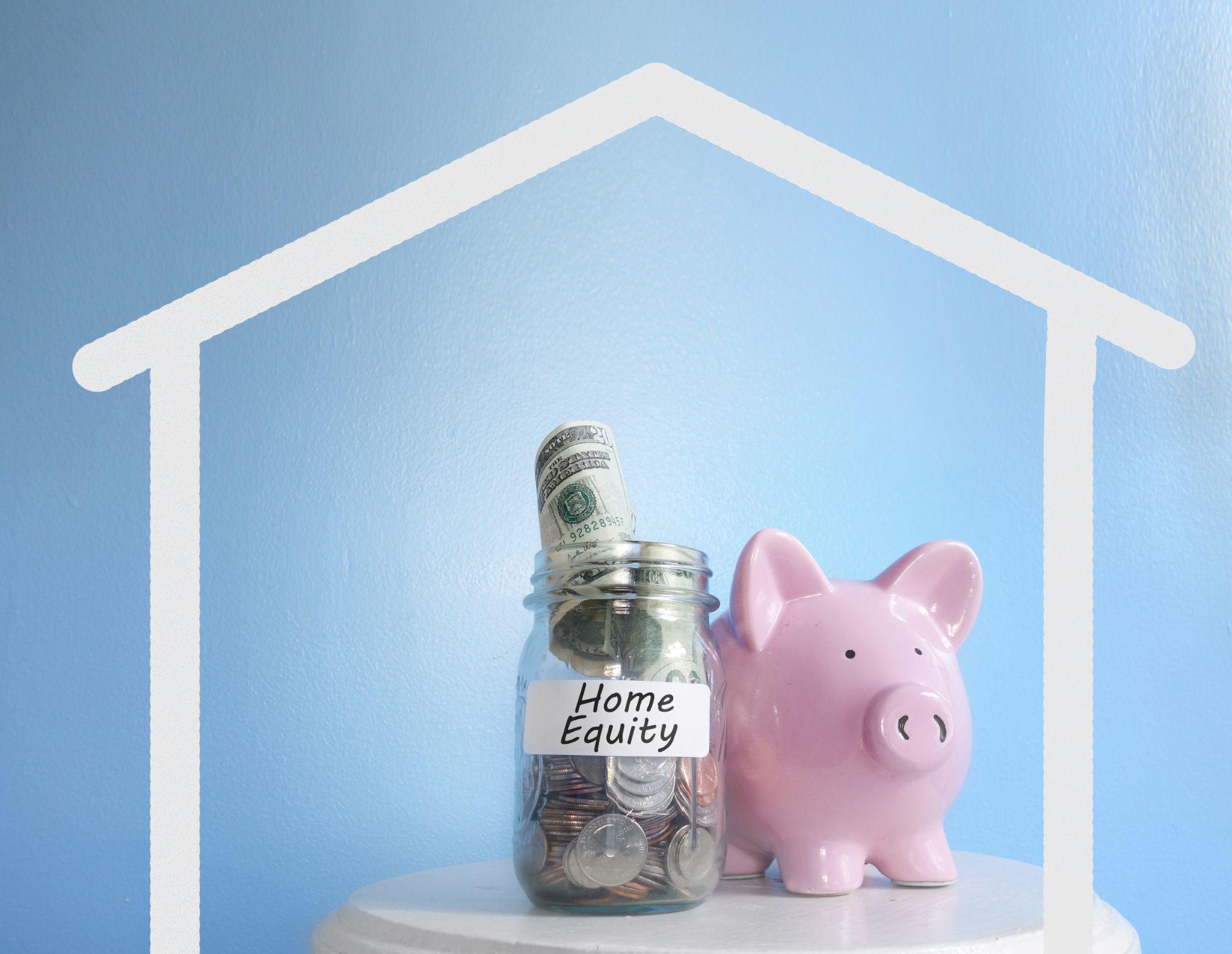Part of the benefit of homeownership is building equity the longer you own the property. In recent years, as property values in many places have continued to increase, homeowners have seen their equity in their homes grow too.
What Is Home Equity?
Home equity is the percentage of your house that you own outright. It is calculated by taking the current value of your home and subtracting the mortgage balance and any unpaid liens, such as tax liens. The remaining amount is the equity in your home.
How Do You Build Equity?
When you first purchased your home, the down payment was deducted from your sales price. The down payment became the equity you had in your home at closing.
As you make monthly payments on your mortgage, part of your payment goes toward the principal balance and slowly increases your home’s equity. Therefore, the more mortgage payments you have made, the more equity you will have. Once you pay off your mortgage, your equity will be equal to the current market value for your house.
The third way to build equity is when you increase the value of your home through home improvements and renovations. For example, you upgraded your water heater to a tankless model or had a new roof and solar panels installed. Kitchen remodels, bathroom remodels, installing new entry doors, and installing a new garage door are other ways you can increase your home’s equity.
The last way your home’s equity can increase is when property values increase. Over the past several years, the housing market has seen a shortage of supply versus demand from buyers. As a result, the amount your home is worth has most likely increased, resulting in having more equity.
How Much Equity Do I Have in My Home?
The amount of equity you have in your home depends on current real estate market values and the amount you owe on your mortgage. You also have to deduct a second mortgage, the balance owed on a home equity loan, and any liens against your home.
For example, you purchased your home for $400,000 in 2010. You put down $80,000, which would give you $80,000 in equity. Suppose your mortgage payments were $1,260 a month with an interest rate of 3.5%.
If you made the minimum payment over the next 10 years, in 2020 you would have about $127,000 in equity. During this same time, property values have been increasing as well. As a result, your home is now worth $1,000,000, and your equity would be $727,000.
However, you also need to remember that if property values decrease, your home’s equity will decrease.

Reasons to Sell with Equity
You always want to try to sell your house with equity in it. There are several advantages of doing so, including:
Walk Away with Money in Your Pocket
If you do not intend to reinvest the money into a new home, you will have the net proceeds from the sale—your equity—as a huge cash windfall. Yet, you do have to pay taxes on the money if you do not use it to purchase another house.
Become Debt-Free
Imagine not owing any money on credit cards and not having a mortgage balance, car loan, or other debts. You can use your equity to pay off all your bills and live debt-free, except for normal monthly living expenses like rent, utilities, and groceries.
Avoid Foreclosure
If you are falling behind on your mortgage payments, selling with equity can help avoid foreclosure, where you could potentially lose your equity. For instance, if the bank takes possession of the property, they can sell it through a short sale, essentially wiping out any equity you had.
Downsize to a More Affordable Home
Another reason it could be time to sell your home is when you are struggling to make ends meet with your current monthly payments. Selling your home could give you the extra money you need to downsize to a home that fits your budget better while helping you avoid foreclosure, collections, and other negative things that impact your credit score.
Risks of Using Home Equity Before Selling Your Home
Many people tap into their home equity with a home equity loan, line of credit, pre refinancing with cash out or by taking out a second mortgage. Unfortunately, they often find they cannot handle the additional monthly payment on top of their mortgage payment.
Another risk is the more equity you use now, the less you will have later. You could even find yourself in a situation where you are upside down or have negative equity in your house. This occurs when the amount owed on the home is greater than its value. So, if you have borrowed more than you should, you could be put into this situation.
Furthermore, you could find yourself upside down if you tapped into your home’s equity and property values decreased. Even if you did not borrow against all your equity, the decline in housing market property values could be enough to put you negative.
Instead of using up your equity, it is better to consider selling your home when you need to tap into its equity. This way, you can avoid losing your equity and your house if you find yourself in financial trouble.

Find Out How Much Equity You Have Today
In just a few simple steps, you can find out how much your home is worth to a cash buyer in your area by using 800CashToday. Their offer amount will give you an idea of how much equity you have in your house. Best of all, you are never under any obligation to sell your home.
Should you like your cash offer and want to sell your house, we also offer these great perks:
- Up to a $10,000 Cash Advance
- Free Credit Repair
- Free Local Moving
- Fast 7-Day Sale
- No Closing Costs
- No Real Estate Agent Commissions
If you have further questions or require assistance, please feel free to call us at 1-800-CASH-TODAY!



